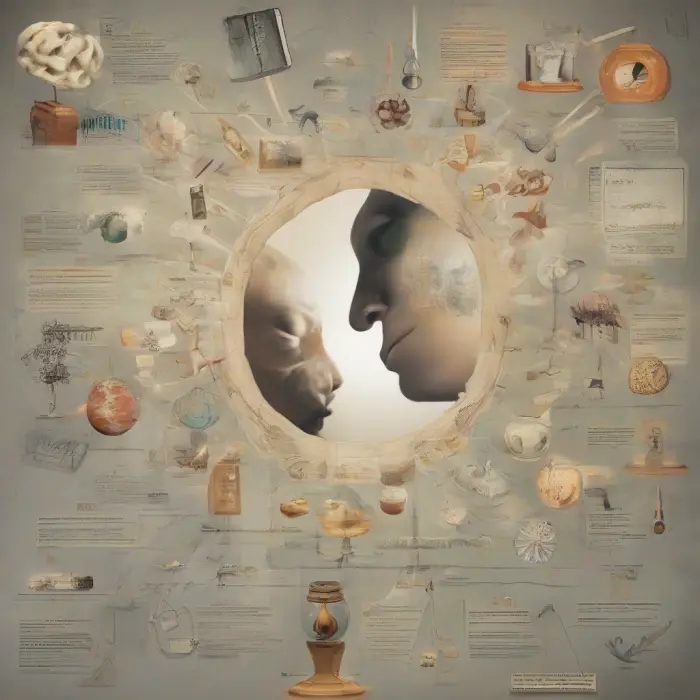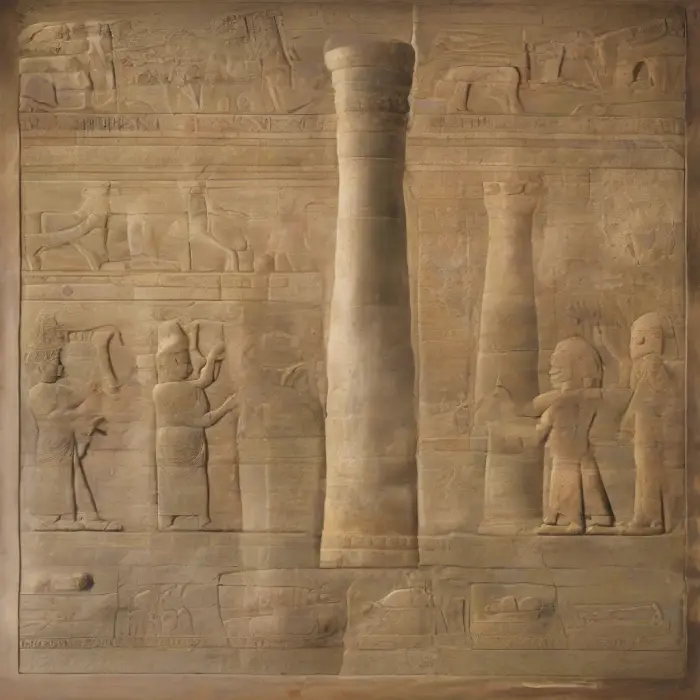The Bizarre World of Superstitions: Facts and Beliefs
Superstition is an integral part of human civilization since prehistoric times. It is a broad term that encompasses a variety of distinct practices, beliefs and customs that have been passed down over generations. Superstitions, though, appear irrational or nonsensical to those who do not believe in them, are fascinating aspects of cultural heritage, often holding deep symbolic meanings.
Understanding Superstitions
Superstition represents an irrational belief or notion, not based on reason, knowledge or experience. People often adhere to superstitions out of fear, insecurity or to exert some form of control over destiny. They are characterized by a belief in supernatural forces and the ability of certain actions, objects or rituals to influence them. Superstitions typically encompass elements that are beyond the comprehension of science.
Examples of Bizarre Superstitions
Knocking on Wood: This is a common superstition that suggests knocking on wood will prevent a positive situation from reversing or avoid attracting negative energy or events. It is fairly widespread in different cultures and has various interpretations.
Breaking a Mirror: Breaking a mirror is widely considered bad luck in many cultures. Some believe the misfortune lasts for seven years. This superstition traces back to ancient Romans who believed that a mirror could steal one's soul.
Black Cats: Different cultures hold divergent views about black cats. While some see them as symbols of misfortune or death, others regard them as bearers of prosperity and luck. The fear of black cats, known as Ailurophobia, is quite common across the globe.
Superstitions Today: Facts and Myths
Superstitions continue to have a significant influence on modern culture, despite the rise of scientific thinking and skepticism. These irrational beliefs persist, often in the face of contradictory evidence, due to various psychological factors. Some people rely heavily on superstitions to deal with the anxiety of the unknown or to make sense of inexplicable phenomena. Others continue following superstitions as part of tradition handed down through generations.
It's not easy to separate fact from myth when it comes to superstitions. While they are generally unfounded, certain beliefs might hold a kernel of truth. For instance, the superstition about black cats being unlucky could stem from the fact that they're harder to see at night, so people may trip over them or get scared, leading to accidents.
Conclusion
Whether they are based in reality or entirely imagined, it's clear that there are numerous superstitions out there with a wide range of origins and meanings. In the end, while some may see them as irrational or silly, many people find comfort and meaning in these beliefs. They serve as a fascinating window into human psychology and our innate desire to make sense of the world around us.










